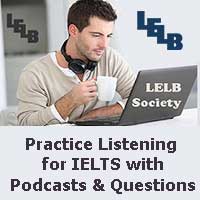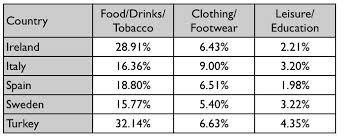Coffee Consumption IELTS Listening Reading Practice
Coffee Consumption IELTS Listening Reading Practice Coffee Consumption IELTS Listening Reading Practice Coffee Consumption IELTS Reading Practice Boost Your Study Efforts with Coffee Watch this video on YouTube Exams are a stressful time at best but when you have difficulty studying English, the anxiety can become truly harrowing. The average human’s attention span is limited to only 14 …









